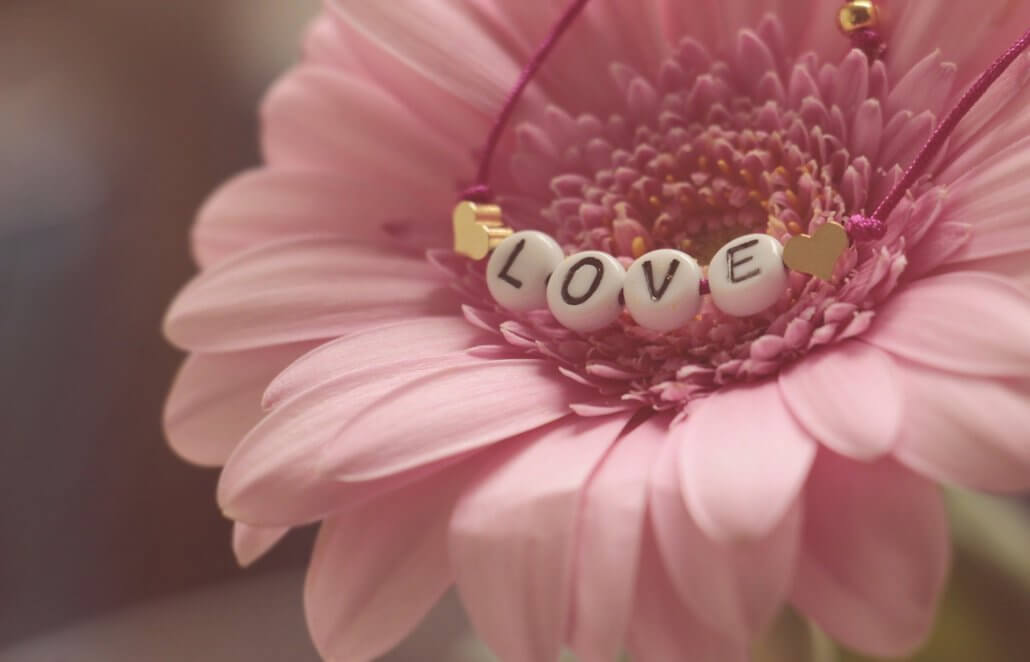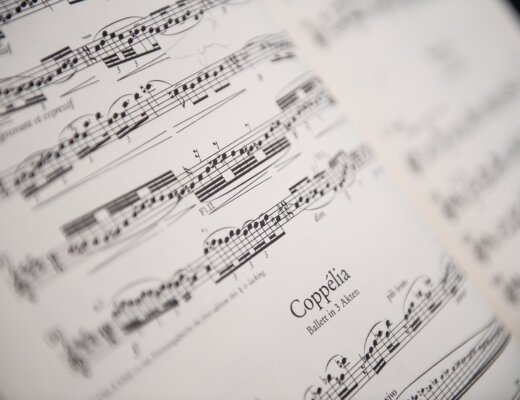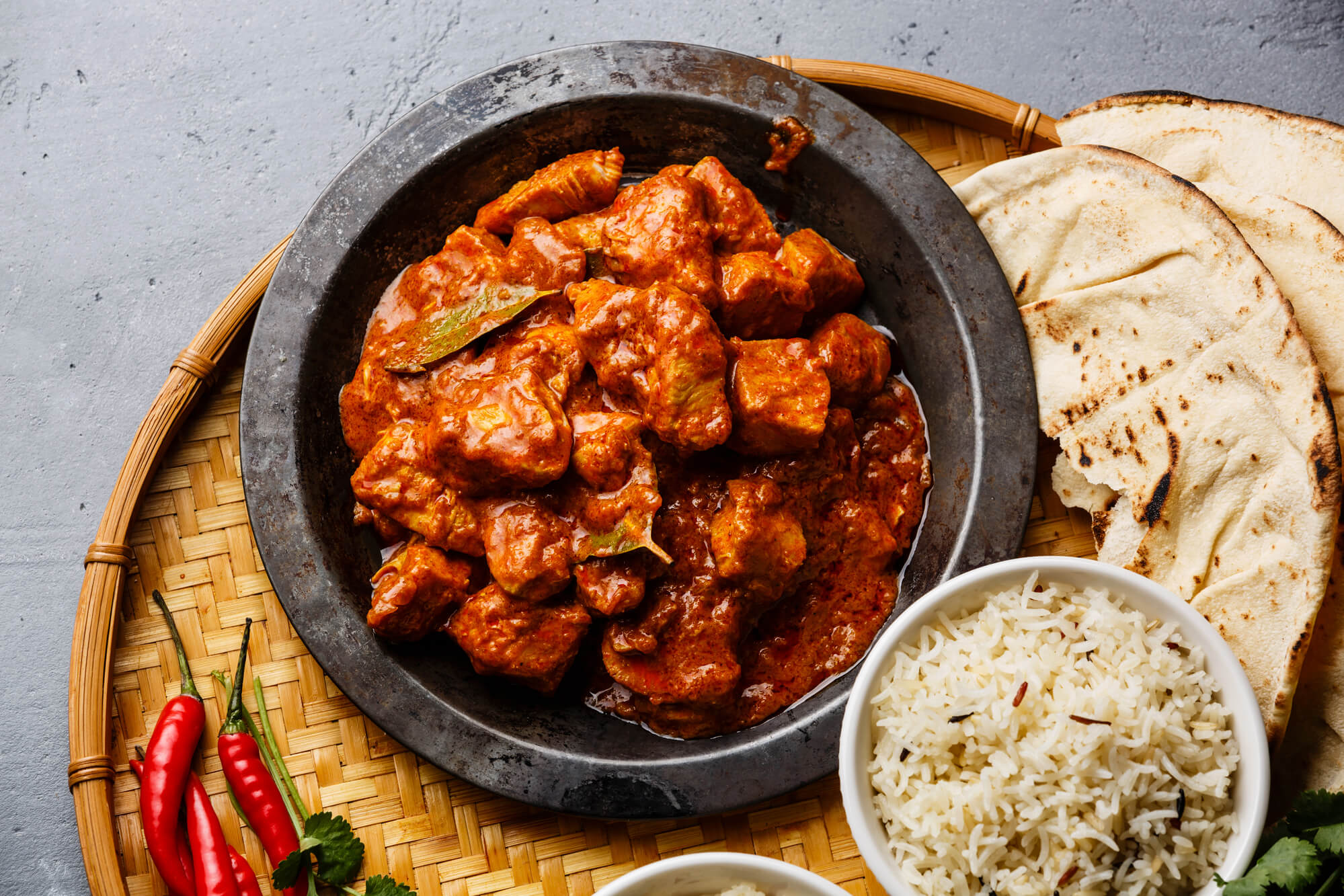While certainly not fluent, Tracy and I have studied enough French language to have an appreciation for the language and especially appreciate its status as the romance language that most seem most infatuated with. This is an exhaustive list of 101 different French terms of endearment that is, in reality, 120+ different terms due to the variances and different ways many of these pet names and terms of endearment can be said. It’s great to know for romantic purposes, or if you’re traveling to France!
There are many reasons why people might find French to be a beautiful language, no matter what is being said. Some people appreciate the way it sounds, with its soft, melodic syllables and its flowing rhythms. Others enjoy the way it looks on the page, with its elegant, curving letters and its consistent spelling and grammar rules. Still others appreciate the rich cultural heritage of the French language and the way it has influenced so many other languages around the world. Ultimately, beauty is a subjective quality, and what one person finds beautiful about a language might be different from what another person finds beautiful.
Every culture and language has terms of endearment, and this is no different than the terms we use in English such as “sweetie” or “honey” – for example.
Common French Terms of Endearment

These are the classics, and the ones you’ll likely be most familiar with if you’re looking for a commonly known French term of endearment. The list from here will get more specific and not nearly as well known, but these are the most commonly held and used endearment terms in the language.
Chèrie (f) or (m) Chèri = A traditional pet name… My sweetheart, only use this with someone you’re in a relationship with.
chère(f), cher (m) = Only slight difference from the one above, but is more like saying “dear” versus “sweetie” or “sweetheart”.
Mon ange = Short form for “angel”. Corny, but effective.
Mon bébé or just bébé = My baby – pretty simple and normal pet name that is universal.
Mon coeur= My heart – a sweet pet name.
Mon Chou = Literally, it means “my cabbage”, but it can also refer to a type of French cream-puff treat.
Chou Chou = The French seem to have a thing for calling things they love after vegetables – and small woodland creatures.
Petit loup= Small or little wolf
Ma puce =My flea.
Mon Bébé d’amour = My love baby
Mon colibri = My hummingbird
Mon lapin = My rabbit
Mon Lapinou =My bunny

Mon Minou = My kitty
Mon poussin = My chick, referring to a baby chicken/chick.
Mon biquet = My lamb
Doudou = My “cuddly”, or something to that extent.
Mon trésor = My treasure. Super corny.
Mon amour =My love – very common in older literature, but lesser said today.
Mamour = Contraction of “mon amour”, which means “my love”
Mon Petitou= My little everything (shortened from “petit tout” for boys)
Mon Titou= My little boy (difficult to explain-derived from petittou above.
Ma Titi = Essentially the same as above, except for a little girl
Mon petit chou= My little cabbage
Mon beau= My handsome
Mon petit loup = My little wolf
Mon nounours = My teddy bear or plushy
Mon Poulet = My chicken – weird for a pet name, I know.
Mon râleur = My grumpy or complainer
Mon homme = My man
Mon Roudoudou = This used to be the name of a candy eaten out of a shell made of plastic.
Mon petit monstre = My little monster (great for the kids)
Mon vilain = My naughty one (another good one for the kids)

Mon ours = My bear
Mon petit caneton = My little duckling, also used as a nickname sometimes.
Mon Bonhomme = My good man but also means snowman
Ma crevette= My shrimp
Ma poule = My chicken
Ma truffe= My truffle
Ma choupinette =Closest meaning is cute
Ma cocotte =My casserole
Ma douce =My sweet
Ma fée = My fairy
Ma lolita = My lolita
Ma loulotte = No translation, similar to the male version of Mon loulou
Ma lutine = My elf, or maybe pixie
Ma pépette = Literally means “dough” as in money but is used to refer to a pretty girl you can say “ma petite pépette” —a tender name for a young child.
Ma petite sirène = My little mermaid
Ma poupée = My little doll
Ma poupette = derived from poupée, my dolly
Ma princesse= My princess
Ma tigresse = My tigress
Mon papillon = My butterfly
Ma Perle = My pearl
Mon bijou= My jewel
Ma belle = My pretty like the Beatles song “Michelle, ma belle”

Ma bohême = My bohemian
Ma râleuse = My grumpy or my complainer
Ma bibiche = derived from biche
Mon bonheur = My happiness
Mon désir = My desire
Mon destin = My destiny
Mon Essentiel = My essential
Mon Exception = My exception
Ma biche = My doe, as in do a dear
Ma bichette = derived from doe as in dear.
Ma coccinelles = My ladybug
Louloute= Derived from the word loup (wolf)
Ma colombe= My dove
Mon ciel étoilé = My starry sky
L’amour de ma vie = Love of my life
Ma foi = My faith… a more common nickname for someone if you’re a bit older generation.
Ma force = My strength
Ma moitié = My half, which really is a pet name for someone being called your “better half”.
Ma passion = My passion
Ma perfection = My perfection
Ma raison d’être = My reason for being. Used in a lot of different cases throughout French literature.
Mon Amour = My love (this extremely popular)
Mon Amoureux = My lover
Mon avenir = My future
Mon idéal = My ideal
Mon indispensable = My essential or indispensable one
Mon préféré = My preferred one
Mon rayon de soleil = My ray of sunshine
Mon rêve = My dream
Mon souffle = My breath
Mon prince = My prince
Mon roméo = My Romeo
Mon superman = My Superman… a nickname that really sucks up to the other person.
Mon étoile = My star.
Ma raison de vivre = My reason for living
Ma grande (for woman) mon grand (for man) = My big/biggest. Doesn’t seem to mean fat, at least the way it’s said 🙂
How to use this list of French pet name
Maybe you just started learning French, or have spent much longer practicing the language. Either way, this is a fun list that’s meant to be light-hearted and useful as something you can use to talk to a family member, son or daughter, sibling, or loved one. We hope you enjoy the list, for whatever your purpose is, and put it to good use.





Andy
May 27, 2020 at 12:08 amLoved reading all of these! French is really the language of love, back when I was learning in HS, I remember thinking how pretty it sounds. Just imagine being in France and getting called some of those. Gives me the butterflies 🙂